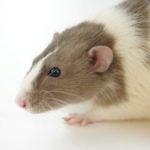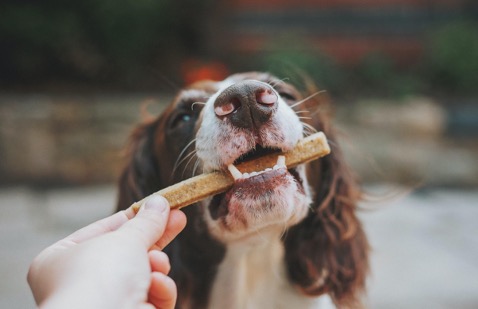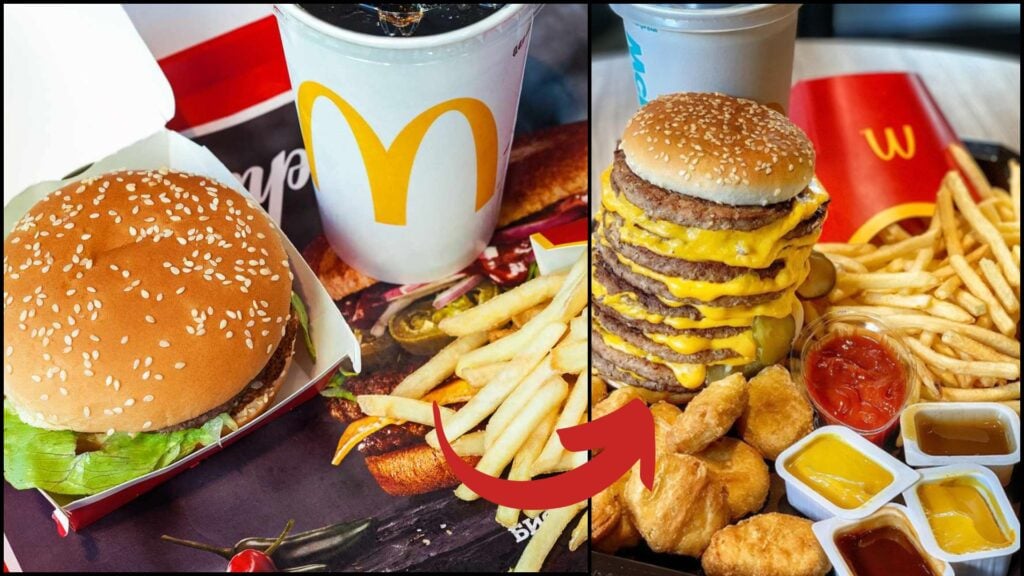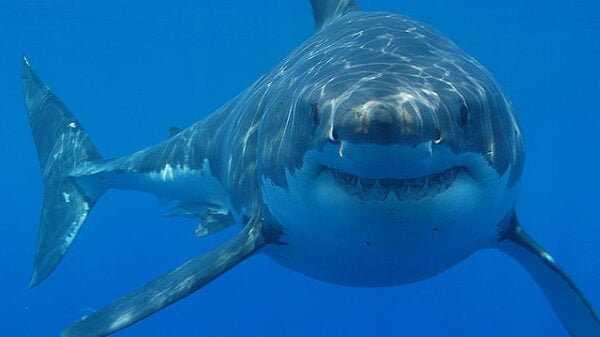Many of us pet owners are unaware of our pet’s nutritional needs are. Animals’ food can be so very complicated. Do our dogs need the same nutrients as our cats? Or do we need to give our pets vitamin supplements? Well, we don’t know the answers to these questions, do we? But don’t worry, it’s never too later to start learning about some basics of pet nutrition.
Understanding the Nutritional Needs of Your Pet
Proteins
We all know proteins are a source of energy and are made up of amino acids. These help the pet perform biological functions normally. These amino acids should be an essential part of your pet’s diet as usually, pets do not produce these in their bodies, and if they do, it is in low quantities, which aren’t enough. Out of about 20 amino acids that exist, it is said that are ten are essential for dogs and eleven are necessary for cats. These proteins are found in foods such as meat, fish, and poultry.
For cats, two amino acids are very important. These are arginine and taurine. If there is a deficiency of these two amino acids in cats, it might lead to various problems. Cats can become blind, turn deaf, have heart failure, and they could also produce birth defects due to the lack of taurine. The cats will suffer from vomiting, drooling, and convulsions without sufficient arginine, which helps remove ammonia from their bodies.
Fats
Don’t feed your pets’ food that contains too much fat. Even though it does not block their arteries as they do in humans, it can trigger a painful inflammation of their pancreas. Fats also cause obesity in pets that aren’t keen on exercise. Dogs and cats need fatty acids for the proper growth of cells and their functions. Fats, in addition, increase the flavor and texture of pet food, which can encourage your sick or under the weather pet to eat.
Fats come from animal fats and seed oils and are the most concentrated form of energy source. Your pets require fatty acids such as omega-3s to keep their fur and skin healthy, protect their organs, insulation of their body, and absorb vitamins. Thus, giving your pet the right amount of fat in their diet is important.
Carbohydrates
Starch, sugar, and fiber are carbohydrates. Besides providing energy, carbohydrates such as fiber help the digestive system work properly. Peas, potatoes, and lentils are good sources of carbohydrates. If your pet is overweight, the extra fiber in their diet will make them feel full, and they will eat less. Fiber supplements help your pets maintain the healthy consistency of stool.
Puppies and kittens should not be given high-fiber foods as they are still growing. They need as much fat and protein in their bodies to meet their energy requirements.
Water and Exercise
Both cats and dogs have different levels of water requirements. Dogs get really thirsty when they are active and running. They also drink more when the weather is hot.
Dogs need to be taken on regular walks and runs to keep them healthy and slim. On the other hand, Cats don’t need to be taken out for walks. If you give them enough time to run and play around during the day, that is enough for them.
Physical activity also helps boost your relationship with your pet. Playing around with the cat or taking your dog out for walks can also help you lose a few pounds and keep you fit.
Have A Clearer Understanding on Pets Nutritional Needs?
The nutritional needs of cats and dogs are different, and they change over the years as they grow older. It is always advisable to take your pet to the vet and discuss the exact dietary requirements of your pet. Regular checkups and vaccinations will also help you give your pet a longer and better quality of life. Learning and understanding basic pet nutrition is crucial to keeping your pet healthy and happy.

























































